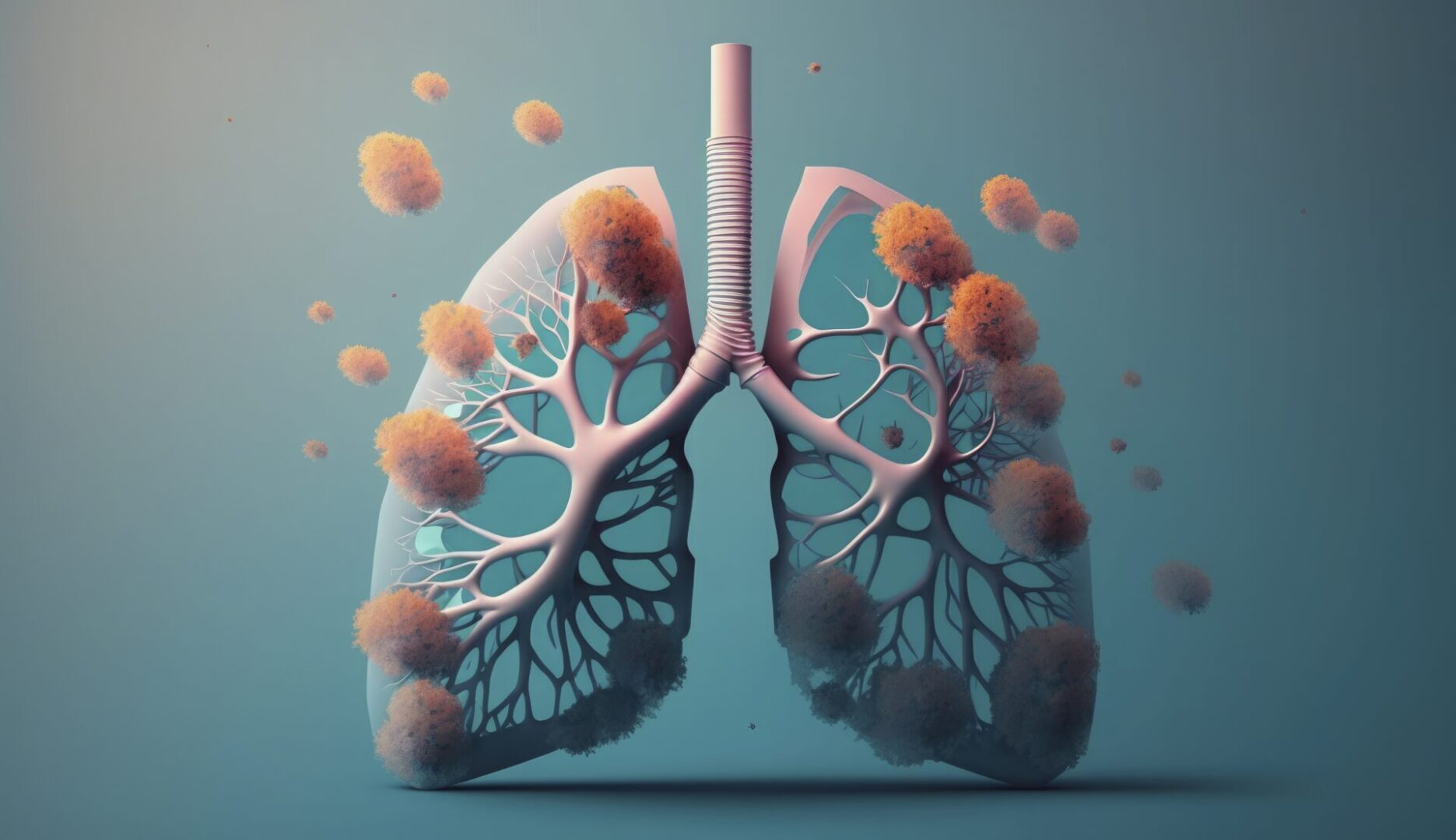Search by Color or Cause


World Pneumonia Day is on November 12 each year. It is a yearly reminder that pneumonia can strike anywhere and anytime. And it is a serious, potentially life-threatening lung infection. Pneumonia is primarily caused by viruses, bacteria or fungi that are transmitted from one person to another. The most common type of bacterial pneumonia is pneumococcal pneumonia.
Pneumonia is a common lung infection caused by germs, such as bacteria, viruses, and fungi. It can be a complication of the flu, but other viruses, bacteria and even fungi can cause pneumonia. Pneumonia and its symptoms can vary from mild to severe. Treatment depends on the cause of your pneumonia, how severe your symptoms are, and your age and overall health. Most healthy people recover from pneumonia in one to three weeks, but it can be life-threatening. The good news is that pneumonia can be prevented. This can be done by getting an annual flu shot (as flu often leads to pneumonia). Other prevention measures are frequently washing your hands. For people at high risk, getting a vaccine for pneumococcal pneumonia can reduce the chance of getting pneumonia.
If you are 65 or older, your risk of being hospitalized after getting pneumococcal pneumonia is 13 times greater than younger adults aged 18 to 49. For those requiring hospitalization, an average hospital stay is six days. And in severe cases, it can lead to death. Symptoms typically have an abrupt onset. These include difficulty breathing, shortness of breath, chest pain, high fever, excessive sweating and shaking chills, and coughing. Certain symptoms of pneumococcal pneumonia including cough and fatigue and may last for weeks, or longer.
Older adults and those with weakened immune systems or certain chronic health conditions, like asthma or chronic obstructive pulmonary disease (COPD), are especially at risk for infectious disease. In fact, for adults 65 and older living with COPD, the risk for contracting pneumococcal pneumonia is 7.7 times higher than their healthy counterparts. Those with asthma are at 5.9 times greater risk.
Pneumonia is more common than you think. It causes more than a million hospitalizations and more than 50,000 deaths each year. Pneumonia is an infection in one or both of the lungs, causing inflammation and fluid build-up. It may cause problems with oxygen exchange.
Here’s what you should know about this serious illness: